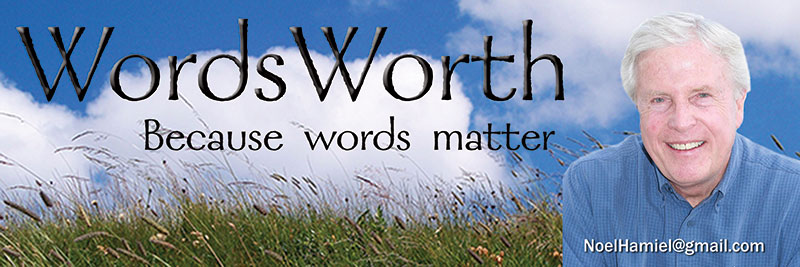Sin tax: A tax levied on specific goods and services. Items include tobacco products, alcohol and gambling ventures. Sin taxes seek to deter people from engaging in socially harmful activities and behaviors, but they also provide a source of revenue for governments. — Investopedia
Dad died of cancer a couple of weeks after his 61st birthday.
His lifelong use of tobacco, mostly cigarettes, undoubtedly was responsible for his lung cancer.
So, you’d think I’d be in favor of Initiated Measure 25, which raises the tax on a pack of cigarettes by $1, which would make the total tax $2.53 a pack.
There’s an old saying that asserts, correctly, that if you want more of something, subsidize it; if you want less of it, tax it.
Raising the cigarette tax probably would reduce the number of users. On the other hand, when a product gets too expensive, buyers find other ways to obtain it – from other states and other sources. The tax on a pack of cigarettes in South Dakota already is $1.53, quite a bit higher than Wyoming, 60 cents; North Dakota, 44 cents; Nebraska, 64 cents; and Iowa, $1.36.
Supporters of the measure prefer to focus on the extra money it would provide for the state’s technical schools. The South Dakota Legislative Research Council has estimated the tax would generate about $25 million in new revenue. The council also determined that about $5 million of that total would go to the general fund, with the rest going to the technical school fund.
Some voters are naturally skeptical about this because they remember when a similar conversation about education funding occurred prior to a vote on a state lottery in 1986. South Dakota voters approved the lottery in 1986 and the Legislature endorsed it in 1989.
The pitch was that the money generated by this form of legalized gambling would be used for education. Partly true, since the state gets half of the video lottery revenue, and in turn spends about half of its general fund on education.
If Initiated Measure 25 passes, it’s likely that the state’s technical schools will get more money, which would help keep tuition rates in line, or perhaps even lower them, making our schools more competitive.
Still, I wonder about the wisdom of tying technical school funding to a product that has been diminishing in use for decades. This move to increase another “sin tax” may generate more money for education in the near term and it may cut the number of smokers.
But if the latter, how accurate is the state’s $25 million estimate in new revenue? And what about businesses that depend on sales of a legal product?
This is one of those initiatives that is the color of smoke: gray, though I admit I’m leaning in favor of it.
Oct. 17, 2018
